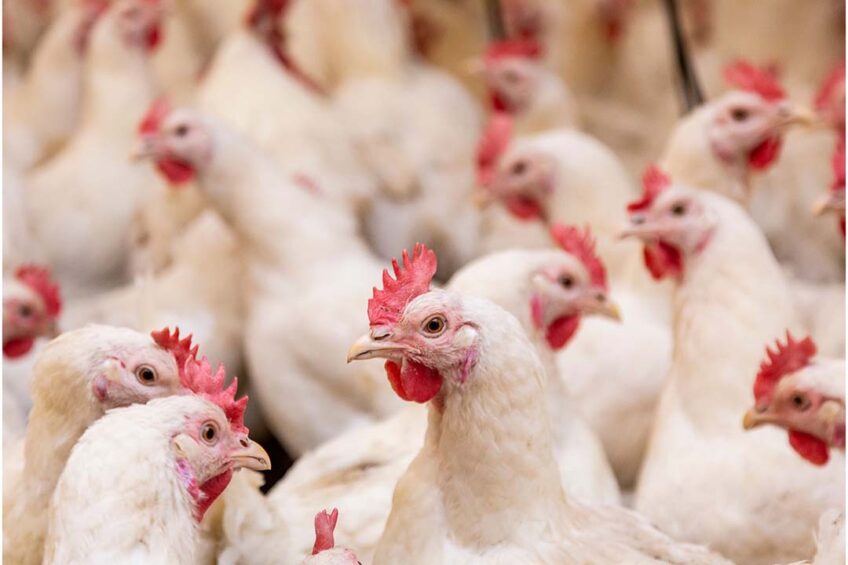Worst ever UK outbreak of avian influenza declared over

The UK’s poultry meat sector has welcomed the announcement that the UK had introduced self-declared zonal freedom from highly pathogenic avian influenza across Great Britain, in line with World Organisation for Animal Health (WOAH) rules.
The UK does not currently have outbreaks of HPAI in poultry or other captive birds and the current risk to poultry from HPAI H5 in Great Britain is considered low.
Richard Griffiths, British Poultry Council chief executive, said he was delighted with the announcement: “It has been a long time coming. We are two and a half years of bird flu incidents and now thankfully and cautiously we have got country freedom which will allow us to reestablish our trading relationships.”
Speaking to the BBC, Griffiths said the impact on members had been significant. “Bird flu, when it occurs, creates restrictions both in movement within a country…and it impacts on trade, so over the years it has cost tens if not hundreds of millions of pounds to the industry.
“Now that we have declared country freedom, our government can go out to our trading partners and talk to them about the lifting of restrictions. When bird flu happens, some countries put a blanket ban on products from the UK, while other do bans from specific areas so we need to now negotiate with those countries to lift those restrictions.”
Griffiths said he hoped the process would be quick as there were well established processes to lift the restrictions, given that avian influenza was rife across the globe. He added that farmers would need to be constantly vigilant: “There is no let up in our preparations and no shortcuts in the processes we need to protect ourselves,” he added.
Backyard flocks
The announcement comes at a time when backyard flock owners have been told they need to register any birds with the government by 1 October or risk a £5,000 fine to stop future outbreaks of bird flu from spreading. Keepers will have to provide contact details, how many birds from which species are kept, as well as where and for what purpose.
At present, only flocks of more than 50 birds have to sign up to the Poultry Register and a recent consultation found just 13% of respondents backing the more stringent regime. To register, flock keepers will have obtain a county parish holding number from the Rural Payments Agency and fill in an online form with information about their holding and birds.
Christine Middlemiss, UK chief veterinary officer, said: “These new rules will enable us to have a full picture of the number and location of birds kept across Great Britain, making it easier to track and manage the spread of avian disease. This information will be vital in helping to inform future risk assessments and maintain our commitment to continually building our extensive avian influenza research portfolio.”
James Mottershead, NFU poultry chair, called on the government to ensure that the new requirements would lead to the removal of restrictions imposed on the commercial sector when non-commercial poultry were affected by notifiable disease.












